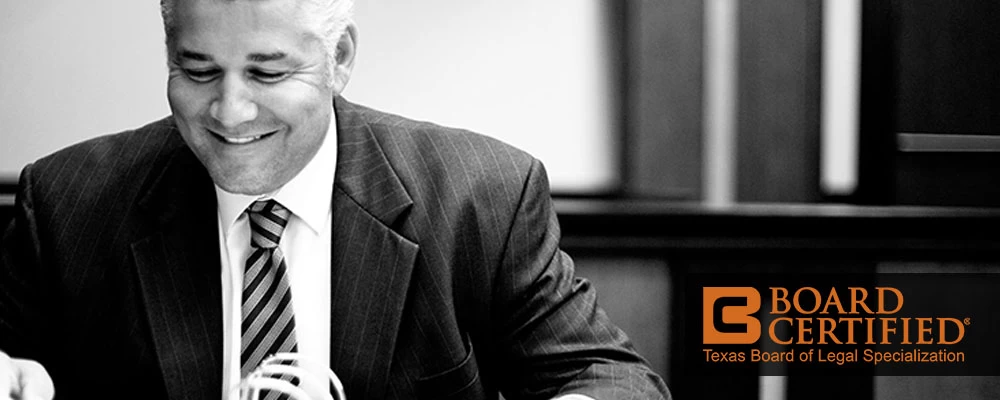For some people, a bicycle might be their only mode of transportation. Nobody needs a license to ride a bicycle in Texas, so it is a popular method of getting around for teenagers as well as for those who have had their license suspended.
However, riding a bicycle while intoxicated is a legal risk. Believe it or not, the Texas DWI laws might apply. In any event, someone who is intoxicated in public can face criminal charges regardless of whether they are driving a car, so you should consult an attorney as soon as you are arrested. Our DWI lawyer analyzes the different criminal charges you might face, as well as your defenses.
Defining DWI in Texas
To understand whether riding a bicycle can result in a DWI charge, we need to look closely at the language of the statute, found at Section 49.04 of the Texas Penal Code. This law applies to operating a “motor vehicle” while intoxicated on a highway.
The statute also directs you to Section 32.34 to find the definition of “motor vehicle.” This section defines the term as a “device” which transports or is drawn on a highway, except for devices used only on rails or tracks.
On first blush, the term “motor vehicle” seems to presume a motor. But the definition doesn’t actually use the term “motor” or “motorized.” It simply refers to a “device” which can move people or property down the road. That is a broad definition. Since bicycles are “devices,” they might qualify as motor vehicles under the DWI law. Consequently, you could technically face a DWI charge for pedaling down the highway while under the influence of drugs or alcohol.
But Will You Face a Charge?
There is no simple “yes” or “no.” Because the law could possibly apply to those on bikes, we can’t rule out the possibility. It’s up to the prosecutor to decide whether to charge you.
Of course, your attorney can make a serious argument that DWI doesn’t apply because bicycles do not have a motor. It’s significant that the legislature used the term “motor vehicle” when they could have used something else, like “conveyance.” Still, this is a gray area.
Even worse, a prosecutor could throw different criminal charges on you. They aren’t limited only to DWI criminal charges. For example, the prosecution might bring different charges if you hurt someone, such as assault or, if the victim dies, manslaughter. Many laws could apply, and the prosecutor doesn’t necessarily need to rely on DWI laws. You need a solid defense attorney regardless of the charges.
Public Intoxication
A Serious Offense
The state can also charge you with public intoxication. Texas Penal Code § 49.02, makes it a crime if you are in public intoxicated to such an extent that you are a danger to yourself or someone else. Being drunk on a bicycle would satisfy this definition. You are certainly a danger to at least yourself.
Generally, public intoxication is only a Class C misdemeanor, the least serious criminal charge in Texas. If convicted, you are facing at most a fine and thankfully no time in jail. However, you could face enhanced charges, depending on the facts. If you have two prior convictions, then your third gets upgraded to a Class B misdemeanor. Now time behind bars comes into play: up to a maximum of 180 days in county jail, along with other penalties.
Also, the judge might feel empowered to sentence you to time in jail if you are a repeat offender. And any conviction, even for a Class C misdemeanor, can result in a criminal history that has certain repercussions.
Facing DWI Related Criminal Charges?
Our Texas DWI Attorneys Can Help. Call Us.
Anyone arrested for public intoxication should quickly reach out to our firm. Do not be led astray by thinking that a Class C misdemeanor is a minor offense simply because you will avoid jail. Rack up more convictions going forward, and then you are certainly facing time behind bars. It’s best to fight back now, especially if you are innocent.

We can defend anyone riding a bicycle accused of DWI, assault, or public intoxication, or another offense. At Tad Nelson and Associates, our experience is broad. We have defended many alcohol- and drug-related offenses, as well as violent felonies. If you have questions, contact us at 713-802-1631.
And don’t overlook the seriousness of getting caught high on marijuana in public. An aggressive prosecutor will try to hang a criminal charge on you likewise, because they view you as a threat to other people.














